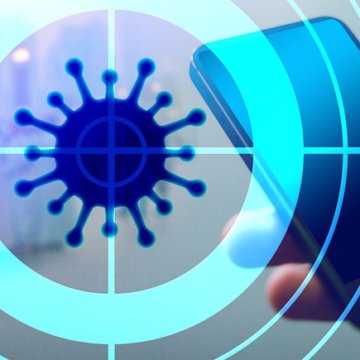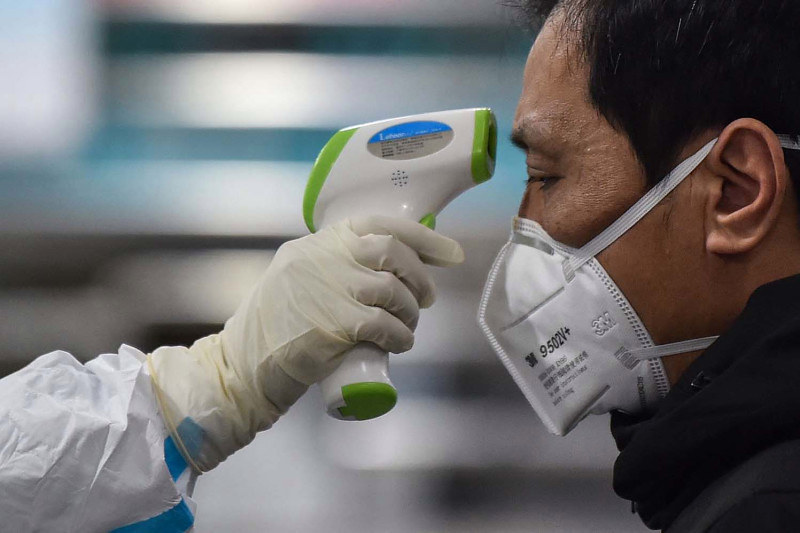- About
- Topics
- Picks
- Audio
- Story
- In-Depth
- Opinion
- News
- Donate
- Signup for our newsletterOur Editors' Best Picks.Send
Read, Debate: Engage.
| topic: | Digitalisation |
|---|---|
| located: | Germany, United Kingdom, Australia |
| editor: | Gurmeet Singh |
The global coronavirus crisis resists reduction. Unlike a so-called ‘simple crisis’ such as a natural disaster, the current global situation has too many moving parts. An earthquake may shatter the lives of millions, but it will be localised, and there would (hopefully) be structured means of supporting people affected. The current crisis, on the other hand, is both global and touches every part of our lives and societies as currently constituted.
There is an upside. Not only can we treat the coronavirus as a problem in itself, but we can also think of it as a kind of imaging agent; something poured into our world to make visible all those issues which were hidden to us. We may never have thought seriously about ‘just-in-time’ supply chains without the virus, nor would we have been able to appreciate the privilege of social-isolation. The virus has shown us in the starkest and clearest terms what global inequality means. It has given the world visible evidence to fight often invisible social issues.
One issue the virus has also made visible is that of global surveillance. How are governments and corporations tracking people? Who has oversight over these programmes? What are citizen and non-citizens' rights to not be surveilled, if they wish? These questions have been crystallised in the discussion around various Coronavirus ‘tracking apps’.
The BBC reports: “An app that tracks the symptoms of COVID-19 in the UK has become one of the most popular downloads.
"Its creators aim to deliver insights into why some people get the disease more severely than others.
"They also hope to create a map showing where outbreaks are happening and help distinguish cases from those of the common cold…
The app was the brainchild of Prof Tim Spector, a genetic epidemiologist at King's College, who has specialised in the genetics and medical histories of twins for the past 25 years.”
As well as being one of the most popular apps in the U.K. at the moment, similar apps (as well as dangerous imitators), are being deployed around the world, including the EU and Australia.
Euronews reports: “We need to be very clear on whether we want this and whether It is acceptable or not," says Patrick Breyer (MEP, Greens/EFA) from the German pirate party. "There is a lack of respect for fundamental rights on the side of the EU Commission and I think that they need to get their act together and stand up for our rights because there is no contradiction between effectively addressing this crisis and respecting fundamental rights."
To address all these concerns, the European Commission is unveiling coronavirus app tracking guidelines on Thursday.
"It is fundamental that the installation and the use of an app are voluntary: Johannes Bahrke, Spokesperson of the European Commission told us ahead of the launch. "We want to ensure citizens that they can trust in these apps, that they respect security, privacy, data protection and they are effective so that people use them."
Whether any of these apps will be voluntary and time-limited remains to be seen. Since the coronavirus is not simply a problem that will ‘go away’, it may be that these tracking apps will become a regular feature of life. We may have to show authorities if we’ve been to a virus hotspot recently if we want to access basic services. We may indeed have to allow ourselves to be permanently tracked in the name of safety and security.
The classic dilemma is pointedly revealed: what do we value more, security or freedom? We shouldn’t be so quick to sign away our freedoms, even if we are currently afraid. Whatever data and information we are willing to submit to governments and corporations, they will happily take. We should press for more oversight. Just because the apps will help us does not mean we should allow them to harm us.

